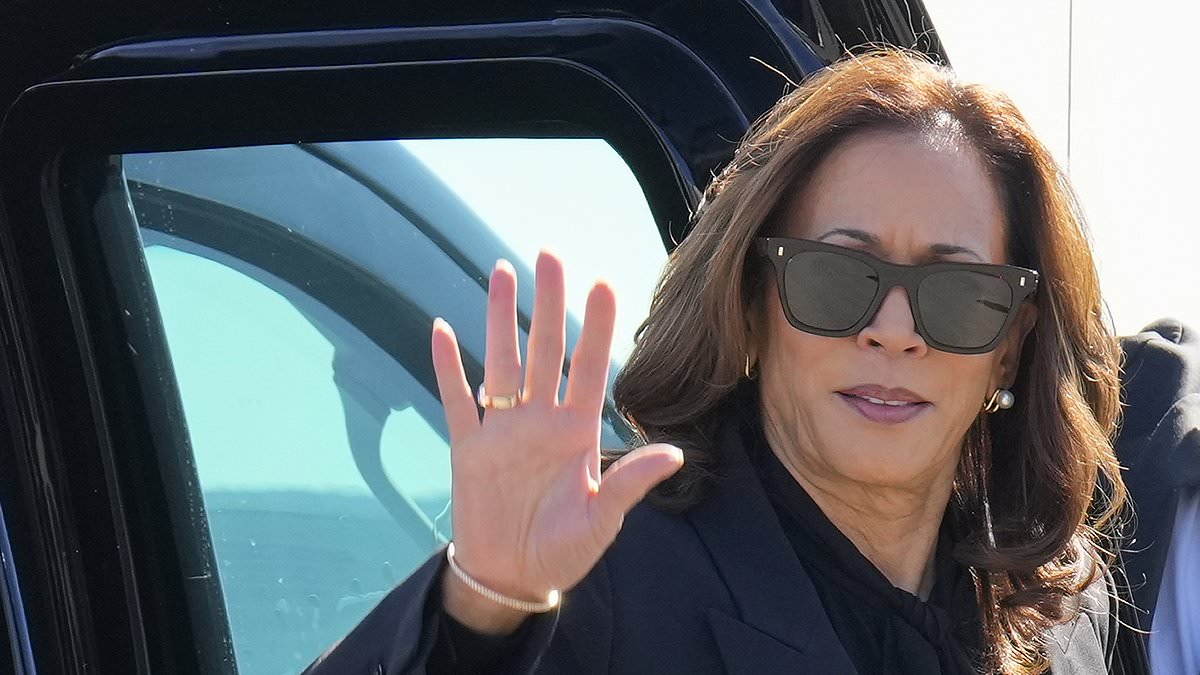Vice President Kamala Harris insisted on being the ‘last person in the room’ when President Joe Biden made an important decision, but a new report indicates she does not question his leadership during major international crises.
Harris did not break with Biden’s decision to withdraw U.S. forces from Afghanistan, even though her national security advisor Philip H. Gordon warned her that the plan could have disastrous consequences, according to Washington Post columnist David Ignatius, citing anonymous sources.
That news matches a Wall Street Journal report that Gordon had advised Harris and the Biden administration to leave behind a residual force to prevent the Taliban from rapidly taking over the government.
But Harris ultimately sided with the president.
Harris told CNN she was the last person in the room when Biden made his decision about leaving Afghanistan and that she was comfortable with it.
The vice president appears not to have challenged Biden on foreign policy, as the president prides his many years of service in the Senate Foreign Relations Committee.
Harris’ deference to Biden is strikingly different than when Biden was vice president for President Barack Obama.
Biden famously questioned Obama’s decision to launch a mission to kill Osama bin Laden in Pakistan and also advised him against keeping troops in Afghanistan.
Harris has also backed Biden’s positions on the war in Ukraine, as the federal government has spent over $175 billion in aid, weapons, and ammunition for the country.
Harris, however, ‘hasn’t been convinced’ that it is a good idea to allow Ukraine to use long range missile strikes into Russia, the report notes, even though Biden is considering it.
Putin warned the United States that they would be ‘at war with Russia’ if they allowed Ukraine to use long range weapons, and threatened a military response.
Harris has also backed Biden on the Israeli-Palestinian conflict, advisors say, noting that the vice president believes that Israel has a right to defend themselves but should take more action to reduce civilian casualties.
Although some viewed the vice president as more considerate of the Palestinian plight than Biden, she carefully threaded the needle in her speech to the Democratic National Committee by throwing support for Israel’s right to defend themselves.
Ultimately, Ignatius concludes, Harris would ‘continue the traditional bipartisan foreign policy consensus’ which would be challenged if former President Donald Trump returned to office.
Trump has vowed to negotiate with Ukraine and Russia to end the war, if he is reelected and restore a maximum pressure campaign on Iran.
‘I think it’s in the U.S. best interest to get this war finished and just get it done. All right. Negotiate a deal,’ he said during the ABC News debate on Tuesday.
Harris has spoken about the decision making process with Biden during an interview with CNN in April 2021.
‘It is often the case that as I will ask his opinion about things, he will ask my opinion and through that process I think that we arrive at a good place. And ultimately, of course, he is the President and he makes the final decision,’ she said.
